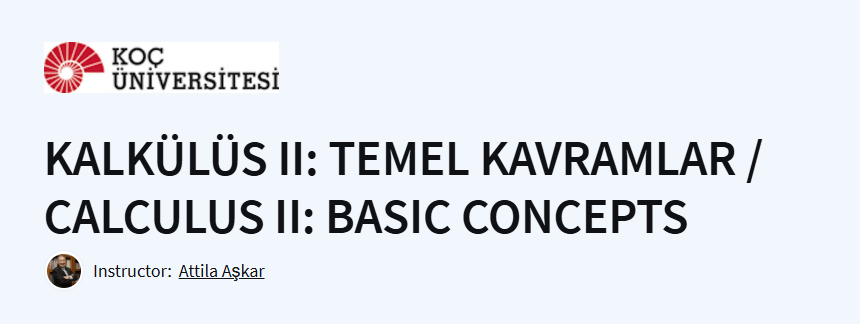What you will learn In Differential Equations Part I Basic Theory Course
Understand the foundational concepts of ordinary differential equations (ODEs).
Learn methods for solving first-order differential equations, including separable and exact equations.
Explore the theory behind initial value problems and uniqueness of solutions.
Study linear second-order differential equations and their applications.
Apply learned concepts to model real-world phenomena in science and engineering.
Program Overview
Introduction to Ordinary Differential Equations
⏳ 3 hours
- Introduction to ODEs, their importance, and basic terminologies.
- Overview of first-order differential equations and methods of solving them.
First-Order Differential Equations
⏳ 4 hours
- Detailed study of separable and exact equations.
- Applications of first-order ODEs in modeling real-world problems.
Linear Second-Order Differential Equations
⏳ 4 hours
- Introduction to linear second-order differential equations with constant coefficients.
- Understanding the general solution and method of undetermined coefficients.
Applications of Second-Order Differential Equations
⏳ 4 hours
- Application of ODEs in mechanical and electrical systems, including mass-spring systems and RLC circuits.
- Discussion of damped and undamped oscillations.
Final Project and Review
⏳ 4 hours
- Application of ODEs to real-world scenarios.
- Hands-on problem-solving and comprehensive review.
Get certificate
Job Outlook
Enhances mathematical proficiency for careers in engineering, physics, and applied mathematics.
Provides a solid foundation for advanced studies in differential equations and mathematical modeling.
Completing this course can bolster qualifications for roles requiring strong analytical and problem-solving skills.
Specification: Differential Equations Part I Basic Theory
|
FAQs
- Introduces key concepts like order, degree, linearity, and types of differential equations.
- Explains methods for solving first-order and simple higher-order equations analytically.
- Focuses on understanding solutions, existence, and uniqueness rather than just memorizing formulas.
- Provides groundwork for solving real-world engineering and physics problems in later courses.
- Strengthens logical reasoning and analytical thinking required to approach complex systems in engineering.
- A fundamental understanding of calculus, including derivatives, integrals, and basic functions, is recommended.
- Knowledge of algebra, especially solving equations and handling functions, will help.
- No prior exposure to differential equations is required; the course builds from the ground up.
- Focuses on conceptual clarity to ensure all students, regardless of prior experience, can progress.
- Prepares learners for more advanced topics in differential equations and engineering applications.
- Models fundamental processes like population growth, radioactive decay, and simple mechanical motion.
- Provides tools to understand electrical circuits, fluid flow, and thermal systems at a foundational level.
- Helps predict system behavior and response over time, which is essential in engineering design.
- Lays the groundwork for more complex equations used in control systems, signal processing, and structural analysis.
- Enhances problem-solving and analytical skills transferable to advanced engineering courses.
- Focuses primarily on pen-and-paper techniques to solve first-order and simple higher-order differential equations.
- Encourages understanding the reasoning behind each step rather than just relying on software.
- Software tools like MATLAB or Python are not the focus but can be used for verification or visualization.
- Building strong manual solution skills helps in exams, academic studies, and understanding advanced concepts.
- Prepares learners to handle more complex engineering problems that may later require computational solutions.
- Covers essential concepts and techniques that frequently appear in GATE, ESE, and university exams.
- Strengthens problem-solving skills for first-order, separable, and linear differential equations.
- Provides conceptual understanding needed to tackle higher-order and applied engineering problems.
- Helps improve speed and accuracy in solving exam questions by teaching systematic solution methods.
- Builds a strong foundation for advanced courses and research in engineering and applied sciences.





